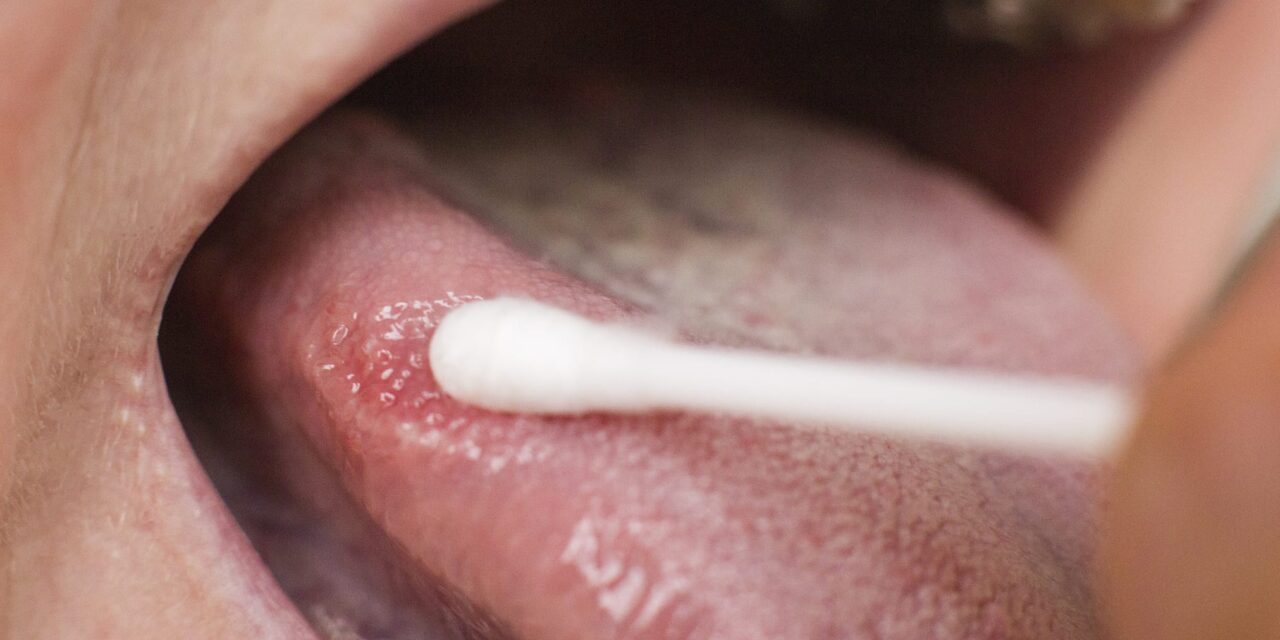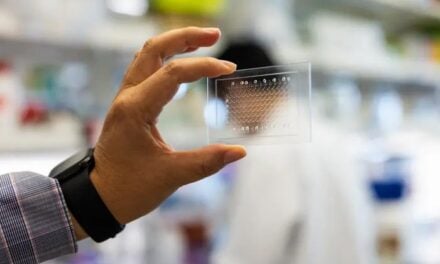The test showed 74% detection rate in tongue swabs compared to 56% with traditional testing methods that rely on difficult-to-collect sputum samples.
Researchers at Tulane University have developed an enhanced CRISPR-based tuberculosis (TB) test that can detect the infection using tongue swabs, addressing challenges with current testing methods that rely on difficult-to-collect sputum samples.
The new test, called ActCRISPR-TB, showed a 74% detection rate for TB in tongue swabs compared to 56% with traditional testing methods, according to a study published in Nature Communications. The assay also demonstrated high sensitivity in detecting TB in respiratory samples (93%), pediatric stool samples (83%), and adult spinal fluid samples (93%).
Current TB testing relies on sputum collected from the lungs and lower respiratory system. However, sputum collection is difficult and unfeasible in about 25% of symptomatic cases and nearly 90% of asymptomatic cases, contributing to an estimated 4 million tuberculosis cases going undiagnosed annually.
“More than 10 million people worldwide fall ill with tuberculosis every year, but 40% of those cases are considered missing as people go undiagnosed,” says corresponding author Tony Hu, PhD, Weatherhead Presidential Chair in Biotechnology Innovation and director of the Tulane Center for Cellular & Molecular Diagnostics, in a release. “To find those missing cases, testing needs to be less invasive and more accessible to reach as many people as possible who may not otherwise be tested.”
Streamlined Testing Process
The CRISPR method increases amplification and detection of genetic signals from TB bacteria DNA and can return a diagnosis in under an hour. Researchers developed a “one pot” approach that works similarly to a COVID-19 test, where a swabbed sample is added to a tube pre-loaded with a test strip and reagent.
The tube is incubated for 45 minutes, after which colored bands on the strip indicate the presence of an infection. The test can be administered without need for a laboratory or trained medical staff.
“Tongue swabs are painless, easy to collect, and don’t require trained medical staff,” says lead author Zhen Huang, PhD, an assistant professor at Tulane University School of Medicine, in a release. “That opens the door to large-scale screenings.”
Clinical testing also showed the new method to be faster and more accurate than traditional tests when used for TB detection in sputum nucleic acid samples.
Addressing Testing Gaps
The research particularly addresses testing challenges for children, HIV patients, and those with extrapulmonary TB who are unable to produce sputum samples. The ability to use alternative sample types such as stool, spinal fluid, and tongue swabs could help reach populations that currently go untested.
Hu’s laboratory has previously developed rapid TB tests that deliver results in less than an hour on portable devices and used artificial intelligence to identify drug resistance patterns.
“If we want to end TB, we need tools that work outside the lab and in the communities where the disease spreads,” says Hu in a release.
The researchers noted that while more research and development is needed, the study represents progress toward making TB testing more accessible in low-resource communities.





